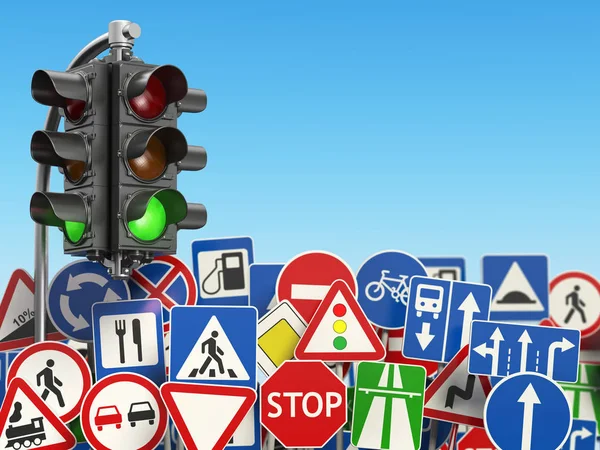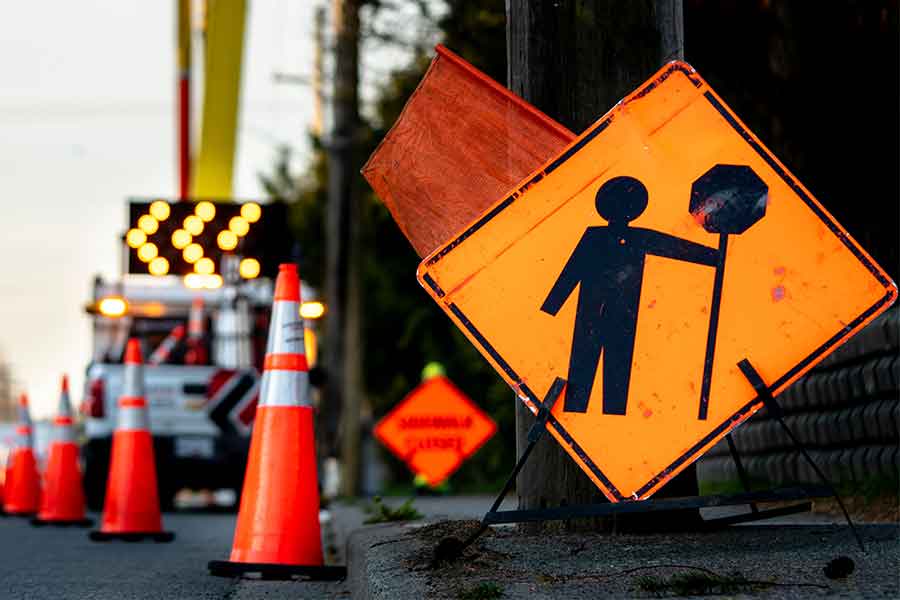You have probably experienced being in a minor accident or caught in a traffic dispute with conflicting stories. These situations can be quite stressful and confusing. Thankfully, dashcams can help in these situations. These small cameras are mounted on your windshield. Dashcams are changing how accidents are investigated and how traffic tickets are challenged.
Also, they are reshaping how facts are revealed in court.

Dashcams as the Silent Witness
The lack of unbiased witnesses is a major challenge in traffic disputes. Police officers usually arrive after an incident has happened. Every driver has their own version of the story when investigations start. Dashcams provide an objective view of what happened. The footage speaks for itself whether the other driver ran the red light or you were speeding.
A dashcam often captures details most people would miss or forget in the heat of the moment. This includes the position of vehicles, how fast someone was driving, or whether a turn signal was used.
Dashcam as Legal Evidence in Court
Judges are accepting dashcam footage in court. Having a video can turn the tide in your favor if you are trying to dispute a ticket or prove fault in an accident. It is common for a case to be dismissed after the court reviews dashcam evidence that contradicts an officer’s report or the claim of another driver.
Dashcam videos can uncover hit-and-run drivers. They can capture their license plates or unique vehicle features. Insurance companies are using dashcam footage to speed up claims processing and determine fault faster.
Everyday Situations Where Dashcams Make a Difference
Dashcams are useful in daily situations that can easily escalate without solid proof. These situations include the following:
- Rear-end accidents. Dashcam footage can show whether you were stopped or in motion when a rear-end collision occurs.
- Illegal lane changes. A video can prove you were in your lane when someone sideswiped you.
- Pedestrian incidents. Dashcams can help determine whether a pedestrian crossed safely or suddenly darted into the street.
- False accusations. A dashcam can show what happened if somebody faked being hit by your car.
Privacy, Consent, and Legal Use
Some legal concerns arise as dashcams increase in popularity. For example, some people are wondering if they can record someone without their permission. Recording video in public spaces is legal in many places since privacy is not an issue. However, it is different when it comes to audio recording. Some states require all parties involved in a conversation to agree to the audio recording. This should be kept in mind if a dashcam captures sound. Also, think twice about editing the footage to your advantage if you are involved in a case. Courts typically require the presentation of the original and unaltered video. Tampering with evidence could backfire.
A Tool for Safer Driving
Dashcams influence how people drive in real-time. They can deter reckless behavior in many ways. Knowing you are being recorded can encourage safer and more defensive driving.
Some advanced dashcams are equipped with driver-assist features. These include lane departure warnings, speed alerts, and collision detection. These features can offer an extra layer of awareness during daily commutes or long road trips.

